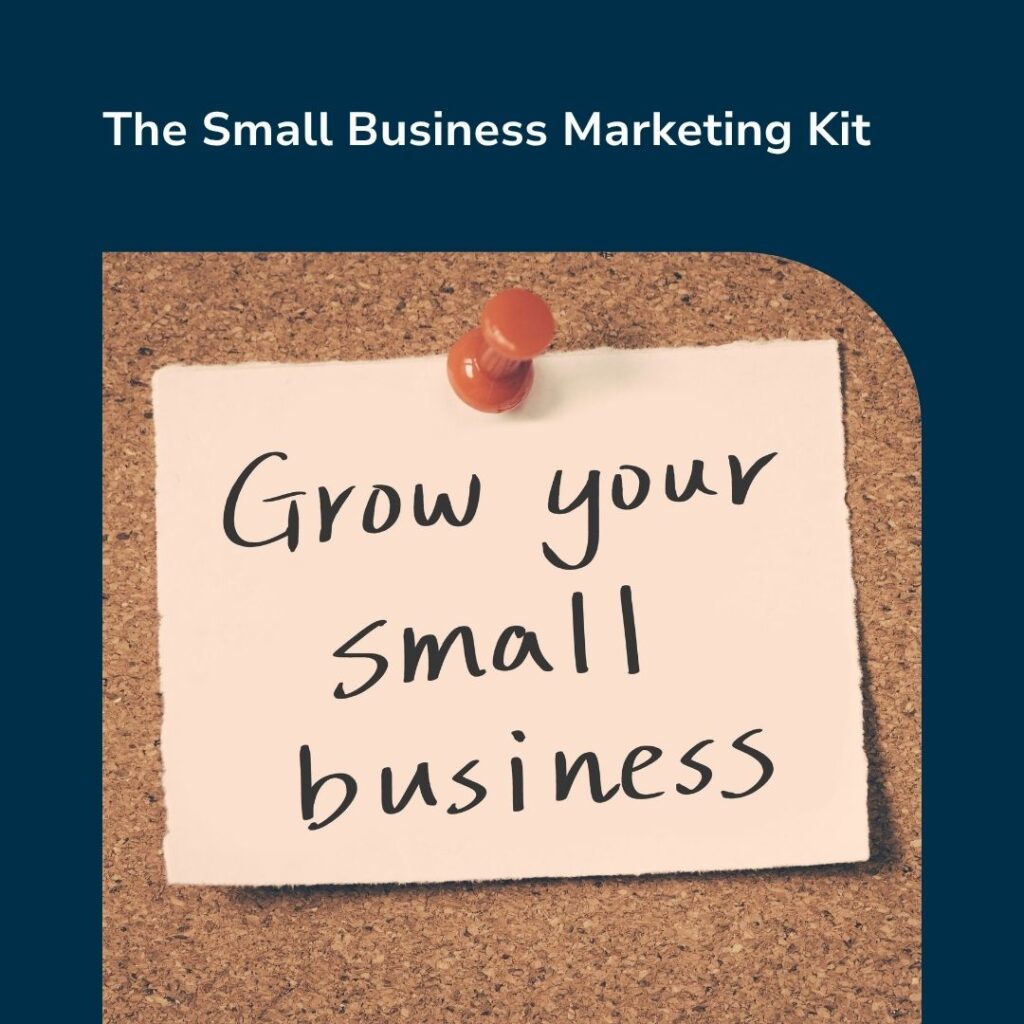Tags – Optimise Website For Seasonal Keywords
Are you looking to optimise your website for seasonal keywords?
If so, you’re in luck!
In this blog post, we will discuss how to target seasonal keywords for SEO and get the most out of your traffic.
Simply, seasonal keywords can be a great way to increase your website’s traffic and revenue, however, it’s important to target them correctly.
In this post, we will go over the basics of targeting seasonal keywords and give you some tips on how to make the most out of them.
What is Seasonal SEO?
Seasonal SEO uses the same basic strategies as SEO, but instead, it looks at the seasonal popularity of different products and services.
And the main goal here is to drive conversions over a small period of time.
Why Target Seasonal Keywords?
Targeting seasonal keywords can be a great way to increase your website’s traffic and boost conversions.
After all, people are searching for these terms more during certain times of the year.
And if you can get your website in front of them, you’re more likely to open new revenue streams for your business.
That said, you want to market your products and/or services when they are most likely to be purchased – making rapid sales during peak times will help to balance out the months when sales are slow.
When targeting seasonal keywords, there are a few things you should keep in mind:
- The time of year: You should always be aware of the current season and target keywords that are relevant to that season. For example, if it’s summertime, you may want to target keywords related to vacations or outdoor activities.
- Events: Event-based seasonal SEO focuses on certain occurrences that cause customers to buy items. Christmas, Mother’s Day, Halloween, and Valentine’s Day are a few examples of event-based seasons.
- Your location: Seasonal keyword targeting can be even more effective if you target keywords that are specific to your location. For example, a website targeting the keyword “hiking” in London will have a higher chance of ranking than a website targeting the same keyword in California.
- Your industry: Certain industries tend to experience seasonal spikes around certain times of year. If you’re in one of these industries, it’s important to capitalise on this by targeting relevant keywords.
4 Tips to Achieve Great Success with Seasonal SEO
Now that we’ve gone over some basics, let’s take a look at some tips for making the most out of seasonal keywords:

Find Your Seasonal Keywords
The first step in developing a seasonal SEO strategy is to choose the appropriate keywords.
As a result, the material on your website will be relevant to your audience.
How do you pick suitable keywords?
- Google Search Console: this is a simple tool that aids in monitoring your site traffic, as well as examining the keywords that appear in Google search results. Visit the Search Query area of your account to discover all of the keywords that bring visitors to your site. All you have to do now is choose the correct time, and you’ll be able to spot seasonal keyword possibilities immediately. For example, if your website generates the most traffic during Christmas, set the date filter, let’s say, from November 15 to December 31, then prepare an adequate SEO strategy before December
- Google Analytics: this tool also allows you to check exactly which periods of the year your website generates the most traffic. With Google Analytics, you can look for patterns that determine which months are crucial for you and prepare SEO campaigns in advance
- Google Trends: Although less popular than the other tools, this is really useful when looking for seasonal keywords. Simply type in the keyword you want to check, select the country and time period
Prepare Seasonal Content
One of the best ways to make the most out of seasonal keywords is to plan ahead in order to increase sales.
But, it needs to meet following criteria:
The content needs to be optimised properly using the seasonal keywords and this should respond to the seasonal needs. A great way to do this is to check your competitors’ blogs and survey your customers to find out what questions they may be asking during these periods. Like always, ensure the content is valuable and address any potential problems that can be solved with your product or service.
The kind of content would remain the same, i.e. blog articles, infographics, videos or collaborative content.
Social Media Strategies
A well-planned campaign on social media can do wonders, especially during the best season for you.
So what should the seasonal social media campaign include?
- Keywords and hashtags – focus on the most essential keywords for your business and those that promote your main items or services
- Effective cooperation of teams – The SEM, SEO, content marketing, and social media teams should work together effectively with the customer service and sales staff. Use this information to help your marketing team discover which items are promoted and what questions customers inquire about. This will enable you to better adjust your seasonal campaign to the customers’ expectations.
- Social media editorial tools – you will easily find many tools, such as Hootsuite, that will help you organise your social media campaigns.
Optimise Your Website
Many website owners decide to create a brand new page, especially for seasonal SEO. Don’t!
Unfortunately, it takes a lot of time to build up a page authority and gain backlinks, and therefore make it harder to rank on Google.
Plus, by creating too many similar pages, there’s a risk of increasing the level of internal duplication, which Google does not like.
Instead, optimise existing pages for seasonal SEO:
- Find seasonal keywords – earlier on we explained how to find your seasonal keywords, and this serves as your starting point
- Choose evergreen URLs – you don’t want the URL to indicate a specific year, e.g. “best-idea-for-christmas-gift-2018”, as this suggests to users and the search engine that your page includes outdated content
- Internal links – include internal links to your content that redirects to related pages, such as product pages
- Title tag – Be sure to include a seasonal keyword in the title tag which relates to the content of the subpage.
- Web indexing – Timing is crucial. After optimising the page, go to the Google Search Console and request indexing, which will male Google visit the site quicker and you’ll rank higher in the search results
Wrapping Up
As you can see, seasonal SEO can help your company grow.
Remember to keep an eye on your web traffic all year and choose the best times for your company based on that.
What’s more, it is good to prepare SEO strategies in advance for the most important seasonal events, for instance Valentine’s Day, Mother’s Day, Black Friday, Cyber Monday or Christmas.
For more information, get in touch today.
Check out SEO services in the meantime.
You may also like:









